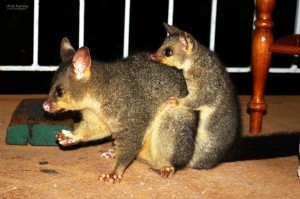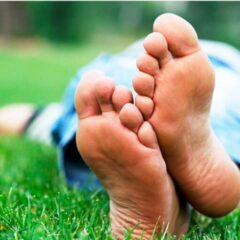
IMPORTANT: I AM NOT A WILDLIFE RESCUER. THIS IS A BUSINESS BLOG.
DO NOT CALL ME FOR WILDLIFE RESCUES.
CALL COUNCIL OR THE RSPCA ON THE NUMBERS BELOW. OR TAKE INJURED WILDLIFE TO YOUR LOCAL VET. THEY MUST ACCEPT WILDLIFE AND WILL CONTACT A WILDLIFE SERVICE.
Did you know that Brisbane City Council has a 24 hour native wildlife service and ambulance that rescues and rehabilitates injured, sick and orphaned wildlife?
BCC has introduced a native wildlife ambulance service to assist distressed native animals. The service operates 24 hours a day, 7 days a week, 365 days a year, providing a rapid response for sick, injured or orphaned native animals anywhere in Brisbane. Rescued native wildlife are transported to a vet for assessment and initial treatment. Wildlife that can be treated are matched to a professional volunteer wildlife rehabilitator for ongoing care and eventual release back into the wild.
What should you do if you find a sick, injured or orphaned native animal?
- If the animals is an adult, immobilise the animal by placing a box or laundry basket over the top until help arrives
- If you need to capture the animal, use a towel or blanket to minimise stress and potential bites and scratches to yourself. Keep the animal covered in a dark place until help arrives
- If you find an orphaned animal, wrap it in a towel and keep it in a warm place, away from pets and people, until help arrives
- If a deceased animal has young in a pouch, do not remove the young. Wrap the adult in a towel or blanket and call for assistance.
- Avoid unnecessary handling and noise. do not feed the animal.
 Orphaned or lost possums
Orphaned or lost possums
Baby possums, found alone in yards or at the base of trees, may have lost their grip on their mother or a tree. Possums are territorial animals, so the mother, if alive, will usually remain in the area and look for their baby. A little patience and time may be needed until they reunite with their baby.
Possum babies found during the day should be kept warm and placed in a dark place with minimal contact. Place the baby securely in a container or box in the fork of a tree and watch from a safe distance. The mother will often return to the call of her young. Ringtail possum babies are usually between 40-90 grams and brushtail possum babies 150-400 grams when they get lost or part from their mothers.
 Baby birds
Baby birds
Many baby birds are rescued unnecessarily. Young birds learning to fly spend a lot of time on the ground, developing their wing strength, and a short flight can be tiring for them. Their parents are always only a short distance away from them, often returning to feed their young.
If possible, place baby birds on the highest branch you can reach safely, perhaps in a box or container in the fork of a tree. It is a myth that parent birds reject their young once touched by humans. If no parent bird returns, though, call the wildlife service. If a baby bird has no or very little feathers, call the service anyway.
 How do animals become injured?
How do animals become injured?
Naïve wildlife are often accidentally or deliberately injured, orphaned or become sick as a result of human activities. Native wildlife can be impacted by the loss of habitat, encounters with vehicles, attacked by domestic pets, poisoned, collisions with glass doors and windows, or even well-meaning people who feed them inappropriate food. Native wildlife may also suffer injury and displacement as a result of natural disaster, such as bushfires, cyclones, drought, and as we’ve seen in recent years, floods in SE Qld.
Important Tip
Slow down near bushland areas at night!
How is BCC helping?
- Aiming to restore 40% of Brisbane to natural bushland habitat
- Reconnecting ecological bushland corridors
- Implementing wildlife movement solutions to assist native wildlife to cross roads more safely
- Removing pest species of fauna and flora that pose a threat to native animals and their habitats
Native wildlife carer grants
BCC offers grants providing financial assistance to wildlife carers who dedicate their time and resources to care for sick, injured and orphaned native wildlife. Grants are currently offered twice a year and help pay for expenses like vet fees, food and pre-release cages.
Important Information
If you find a sick, injured or orphaned native animal or bird, please call 07 3403 8888 immediately. Remember, it is a 24 hour, 365 day a year service.
For more information about he service, call 3403 8888 or visit www.brisbane.qld.gov.au
For marine strandings, please call the QDERM hotline on 1300 130 372.
For stray, injured or sick domestic animals, please call the RSPCA on 1300 264 625.
